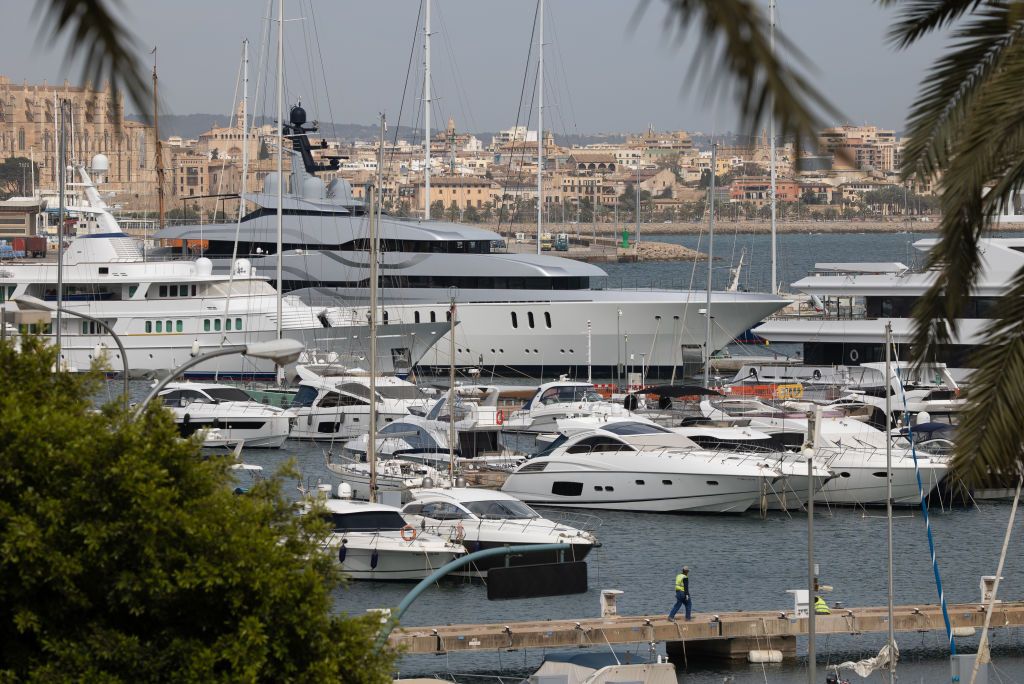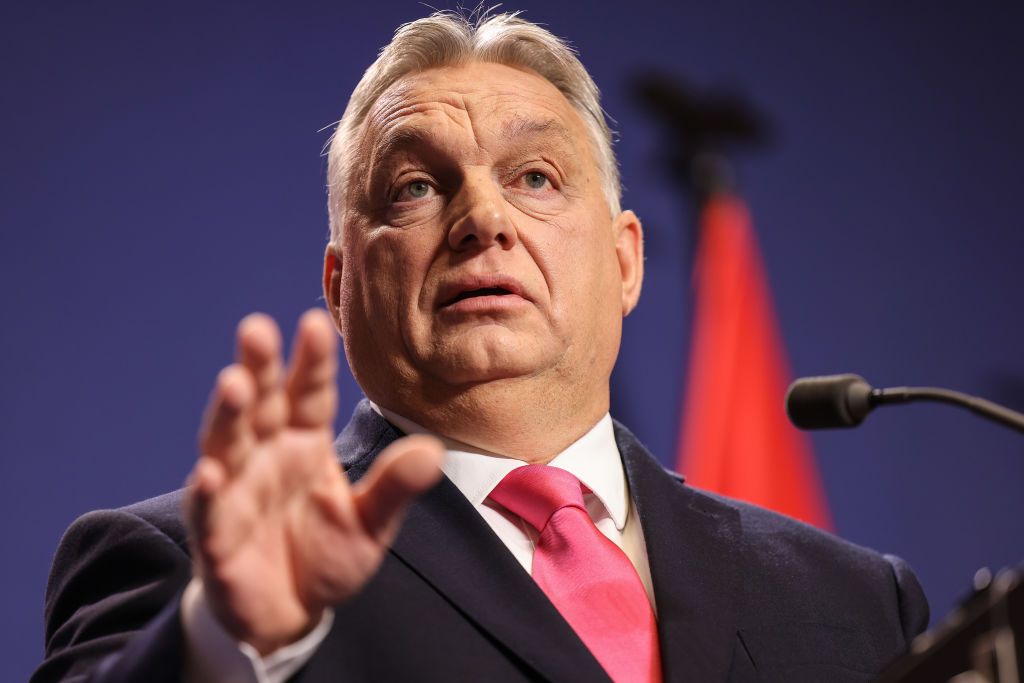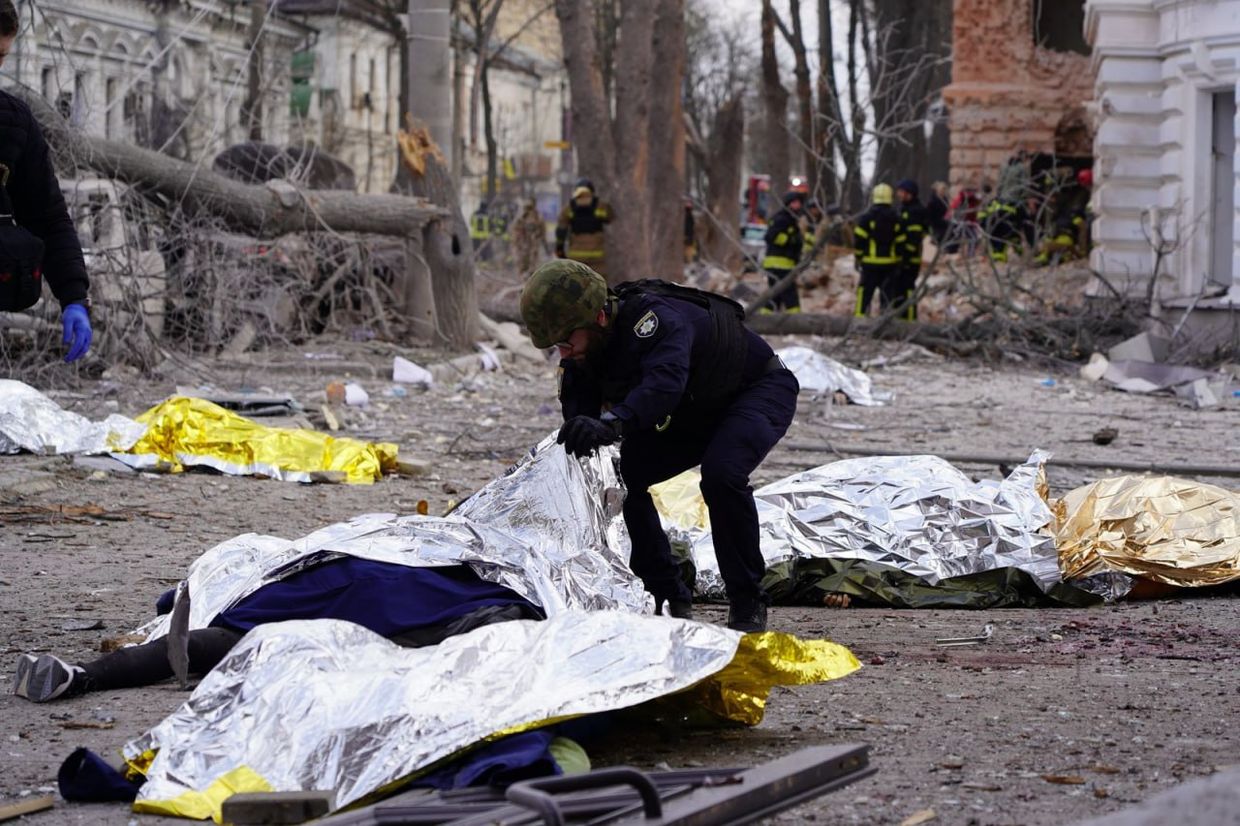Hungarian Prime Minister Viktor Orban sought to blackball Ukraine’s bid to formally start EU accession talks last month, arguing that Ukraine was simply not ready. Ultimately, the other 26 EU member states decided to ignore Orban’s protestations and formally agreed to the start of accession talks with Ukraine. This was absolutely the right thing to do.
Hungary was itself given the green light to begin EU accession talks in 1998 alongside a bevy of former communist states. Its eventual membership in 2004, alongside the Czech Republic, Estonia, Cyprus, Latvia, Lithuania, Malta, Poland, Slovakia, and Slovenia, provided a powerful anchor for reform and rapid economic development – the same drive that Ukraine now so craves.
For the period since its independence, Ukraine has lacked this accession-driven reform anchor, which largely explains its underdevelopment as compared to the group of 2004. Note that back in 1989-1991, the group of 2004 all had very similar starting points. Ukraine could very well have joined them with the same EU accession anchor. Ukrainians knew as much, which is why they revolted twice, the Orange Revolution and the Euromaidan, and are fighting now to cling to that European goal.
Back in the 1990s, I was an economist researching the transition from plan to market, visiting the region many times, living and breathing the transition. I don’t recall Hungary being in a particularly stellar situation back then (SOEs were in collapse, institutions were weak, and corruption rife), and indeed, my take was that the decision to greenlight accession talks with Hungary was more of a political decision. I don’t sense that Hungary was any better ready than Ukraine is today.

But how did Hungary’s macro position look back then as compared to Ukraine’s in 2021, prior to Russia’s full-scale invasion?
Per capita GDP for Hungary in 1994 stood at $4,170, rising to $4,591, as per International Monetary Fund (IMF) data. In purchasing power parity (PPP) at 2017 dollar prices, the numbers were $16,368 and then $18,125. For Ukraine in 2021, the per capita dollar GDP at the exchange rate measures around $4,874, rising to $5,224 this year.
At PPP, on the same basis of comparison, the numbers for both years were just over $13,075 and $11,684, respectively. Thus at the exchange rate, Ukraine is wealthier now than Hungary in 1994-1998 but poorer on a PPP comparison. We can argue which is a better measure.
Inflation in Hungary averaged 18.9% in 1994, falling to 14.2% in 1998. In Ukraine, inflation stood at around 10% in 2021, just prior to the full-scale invasion, and only 5.1% as of October 2023. Ukraine is better placed on the inflation front.
Hungary ran a budget deficit of close to 9% in 1994, moderating to 7.4% in 1998, having itself been forced into an IMF program in 1996. Ukraine ran a budget deficit below 4% of GDP in 2021, and while it is now close to 20% of GDP, much of this is due to massively increased defense spending and, hence, no fault of its own.
The public sector debt to GDP ratio in Hungary was close to 90% in 1994, moderating to 60% in 1998 but still way above the Maastricht 40% threshold. In 2021, Ukraine ran a public sector debt to GDP ratio of less than 49%, on trend to hit the Maastricht threshold over the medium term had the full-scale war not hit, and years before Hungary, which to this day has a public debt to GDP ratio 50% higher than the Maastricht criteria.
Ukraine, even after the full-scale invasion, this year has a public sector to GDP ratio comparable to that of Hungary in 1994 – actually even lower at sub-80%.
I would argue that, from a public finance management perspective, Ukraine is better prepared now than Hungary was in 1994-1998. Institutionally, it is much stronger – and note Hungary then suffered a further twin crisis in the run up to 2010.
Hungary ran a current account deficit of 11.7% of GDP in 1994, moderating to a still enlarged 7.1% in 1998. In 2021, Ukraine ran a current account deficit of just 1.6% of GDP, much better than Hungary in the period above. Even this year, according to the IMF, Ukraine’s current account deficit is expected to be less than 6% of GDP. Ukraine does now have huge external financing needs but again because of the invasion, and no fault of its own.
Hungary had just over $5 billion in foreign exchange reserves (FX) in 1994, and just under $9 billion in 1998. In 2021 Ukraine had around $30 billion in FX reserves, and these have since risen to around $40 billion, again multiples better than Hungary in the period 1994-1998.
I would add herein that, over the past 25 years, most of which Orban has been in power, Hungary has benefitted from huge EU structural fund “handouts.” In the latest budget cycle, they amounted to around 5 billion euros ($5.5 billion) all told. That’s around 500 euros ($549) per capita, per year. In the run up to the invasion, Ukraine received at most 1 billion euros ($1.1 billion) per year, if that, or equivalent to $25 per head.
As mentioned above, it is hard for Orban to back his claims with facts that Ukraine is less prepared now than Hungary was in 1998 on macro performance to begin accession talks. Actually, on many counts, Ukraine scores better.

What about corruption?
Well, Ukraine ranks 116th out of 180 countries on Transparency International’s Corruption Perception Index. Hungary admittedly scores 77th, but that is the worst in the EU – despite huge EU fund handouts as above. And while Ukraine has been on an improving trajectory for the past decade around corruption issues (scores have improved by 10 points), Hungary has been on a deteriorating trend (scores deteriorating by a similar amount). Hungary is getting more corrupt and Ukraine less so.
So Orban is talking dribble. His agenda seems to be to keep Ukraine out of the EU for other reasons – perhaps to please friends in the Kremlin? Does keeping Ukraine underdeveloped and vulnerable to further invasion by Russia play to a longer-term goal of Orban? Such designs by Orban would indeed be a huge threat to peace and security across the whole of Europe and would sit uncomfortably with Hungary’s EU and NATO memberships.
Editor’s Note: The opinions expressed in the op-ed section are those of the authors and do not purport to reflect the views of the Kyiv Independent.














